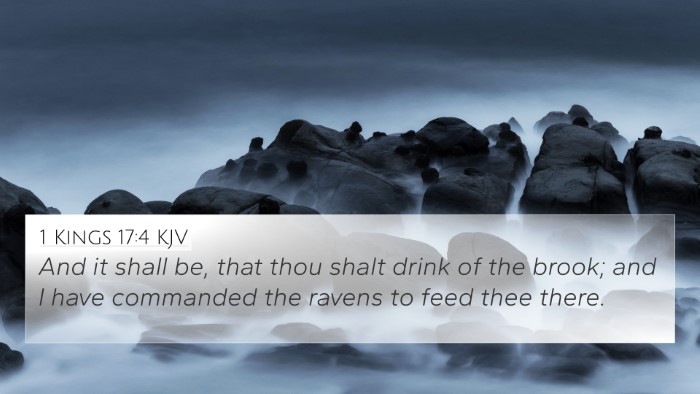Understanding Matthew 6:34
Matthew 6:34 states, "Therefore do not worry about tomorrow, for tomorrow will worry about itself. Each day has enough trouble of its own." This verse emphasizes the importance of living in the present and not allowing the uncertainties of tomorrow to overshadow our current responsibilities. The guidance provided here suggests a form of trust in God’s provision and a reminder that worrying does not change our circumstances.
Summary of Insights from Public Domain Commentaries
-
Matthew Henry:
Matthew Henry explains that this verse directs believers to avoid anxiety concerning the future. He asserts that worrying is not only unproductive but also a sin against God, as it implies a lack of faith in His sovereignty. Henry encourages a focus on today, suggesting that each day comes with its own burdens, but also with God’s mercies to help us through.
-
Albert Barnes:
Albert Barnes emphasizes that Jesus is teaching the necessity of living one day at a time. He advises believers to place their reliance on God's provision rather than becoming preoccupied with future uncertainties. He notes that God will provide what is needed for each day, and thus, believers should trust Him fully for their needs.
-
Adam Clarke:
Adam Clarke provides a practical perspective, suggesting that this verse serves as a reminder of the futility of worry. Clarke points out that much of our anxiety comes from contemplating future events that are outside of our control. He encourages reliance on divine assistance, highlighting the need to keep faith in God for daily sustenance.
Bible Verse Cross-References
- Philippians 4:6-7: “Do not be anxious about anything...” - This passage aligns closely with Matthew 6:34, encouraging believers to present requests to God rather than worry.
- 1 Peter 5:7: “Cast all your anxiety on him because he cares for you.” - An emphasis on God’s care and provision mirrors the trust encouraged in Matthew 6:34.
- Proverbs 27:1: “Do not boast about tomorrow...” - This wisdom literature reminds readers of the uncertainty of the future, paralleling Jesus' teaching about living for today.
- Luke 12:22-26: “Do not worry about your life...” - Jesus reiterates this theme in Luke, connecting the teachings of worry and trust in God’s care.
- James 4:13-15: “Come now, you who say, ‘Today or tomorrow we will go into such and such a town...’” - This illustrates the unpredictability of tomorrow, reinforcing the message in Matthew 6:34.
- Matthew 6:25: “Therefore I tell you, do not be anxious about your life...” - This verse directly links with 6:34 and sets the context for Jesus’ command to avoid worry.
- Psalm 55:22: “Cast your burden on the Lord, and he will sustain you...” - This Psalm offers assurance of God’s support, resonating with the themes of trust in Matthew 6:34.
- Isaiah 41:10: “Fear not, for I am with you...” - The assurance in this verse connects to the comfort and peace that God provides amidst worry.
- Romans 8:31: “If God is for us, who can be against us?” - This rhetorical question encourages confidence in God's support, linked to the idea of refraining from anxiety in Matthew 6:34.
Connections Between Bible Verses
Understanding Matthew 6:34 within the broader Biblical context reveals a consistent theme of trust in God amidst life’s uncertainties. This connects with various passages that advocate for reliance on divine care and the futility of worry.
Thematic Bible Verse Connections
The core message of Matthew 6:34 advocates a lifestyle of faith over fear. Scripture reinforces this through various teachings across both the Old and New Testaments, demonstrating a patterned response of God’s assurance and guidance to His people.
Cross-Referencing Biblical Texts
The practice of cross-referencing Bible verses enriches the understanding and application of scriptural truths. Tools for cross-referencing can aid in navigating the connections that advance insights into themes such as worry, trust, and God’s providence. The Bible concordance, Bible cross-reference guide, and Bible reference resources are effective tools for deeper study.
Bible Study Strategies
When conducting a cross-reference Bible study, one can explore parallels between Matthew 6:34 and correlated verses, identifying core themes and applying teachings relevant to contemporary life challenges. These connections enhance understanding and support personal growth as believers seek to embody the teachings of Christ.
Conclusion
In summary, Matthew 6:34 serves as a powerful reminder against the anxieties that often plague daily living. Through careful examination of the surrounding verses and cross-referencing with other scriptural texts, believers can cultivate a deep trust in God’s provision, fostering peace and confidence in His care for every aspect of life.
















